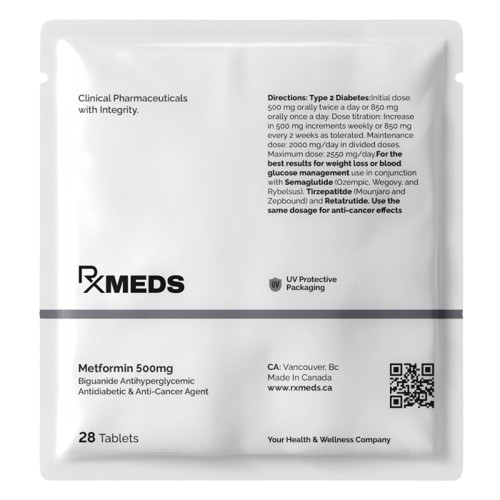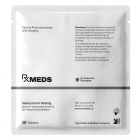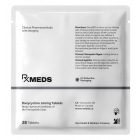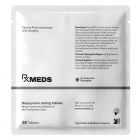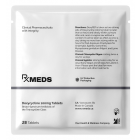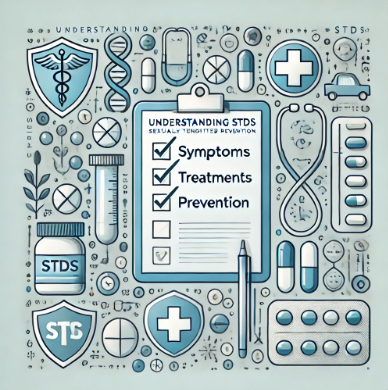
Understanding Sexually Transmitted Diseases (STDs): Symptoms, Treatments, and Prevention
Sexually transmitted diseases (STDs) affect millions of people worldwide, causing physical, emotional, and social challenges. In this comprehensive guide, we’ll discuss the most common STDs, their symptoms, treatments, and preventative measures, offering insights for both men and women.
What is an STD?
An STD is an infection transmitted through sexual contact, including vaginal, oral, and anal intercourse. These infections can be caused by bacteria, viruses, or parasites. Prompt detection and treatment are essential to prevent complications and further transmission. Understanding what STDs are and their impact is crucial for promoting safe and healthy practices.
Why STD Awareness is Important
Raising awareness about STDs helps reduce stigma, encourages testing, and promotes safe practices. Many STDs are preventable, treatable, or manageable with proper education and resources. Early diagnosis can prevent long-term health complications and curb the spread of infections.
Common STD Symptoms
General Symptoms
- Unusual discharge from the genitals.
- Pain during intercourse or urination.
- Swollen lymph nodes or general flu-like symptoms.
- Rashes or sores in the genital or mouth areas.
STD Symptoms in Men
- Pain or discomfort in the testicles.
- Burning sensation during urination.
- Discharge from the penis.
- Blisters, rashes, or warts on the genitals or anus.
STD Symptoms in Women
- Abnormal vaginal discharge or bleeding between periods.
- Pelvic pain or discomfort during intercourse.
- Visible sores or irritation in the genital area.
- Burning or itching sensations.
Specific Signs and Bumps
- Pimples on buttocks STD: These bumps might indicate an infection or other skin condition.
- Non-STD bumps on shaft: It is essential to identify benign causes versus infection-related bumps.
- STD bumps: Blisters or sores in the genital area should prompt immediate medical attention.
Common Types of STDs and Treatments
Chlamydia
Chlamydia is a bacterial infection often referred to as the "silent" STD due to its lack of symptoms. Left untreated, it can lead to infertility. Treatment typically involves antibiotics. Chlamydia treatment options at RxMeds.
Gonorrhea
Known as "the clap," gonorrhea affects both men and women and can infect the genitals, throat, and rectum. Symptoms include pain during urination and unusual discharge. Early diagnosis and antibiotics like Ciprofloxacin (Cipro) are effective. Gonorrhea Treastment options at RxMeds
Syphilis
Syphilis progresses in stages and can cause severe complications if untreated. Symptoms include sores, a distinctive rash, and flu-like symptoms. Syphilis Treastment options at RxMeds
Herpes Labialis (Cold Sores)
Herpes simplex virus (HSV) causes painful blisters around the mouth or genital area. Although incurable, antiviral medications can manage outbreaks. Herpes Treastment options at RxMeds
Mycoplasma Genitalium (Mgen)
Mgen is an emerging STD linked to urethritis and pelvic inflammatory disease (PID). It often requires targeted antibiotic therapy. Mgen Treastment options at RxMeds
Party Safely with the Pre-Emptive Party Stack
For those planning social events where sexual contact might occur, the Pre-Emptive Party Stack offers a proactive health solution. This all-in-one package includes:
- 1 x Doxycycline.
- 1 x Valacyclovir.
- 1 x Ciprofloxacin (Cipro).
- 1 x Metronidazole (Metro).
Prevention Strategies
Prevention is the most effective strategy against STDs. Here are steps to protect yourself:
- Use condoms consistently and correctly during sexual activity.
- Limit the number of sexual partners and maintain open communication about sexual health.
- Regularly screen for STDs, especially if engaging in unprotected sex.
- Consider vaccinations for preventable infections like HPV and hepatitis B.
By addressing multiple risks, the Pre-Emptive Party Stack is a reliable safeguard for your health. Learn more at RxMeds.
STI vs. STD: What’s the Difference?
The terms STI (sexually transmitted infection) and STD (sexually transmitted disease) are often used interchangeably. However, an STI refers to an infection that may not cause symptoms, while an STD describes a condition with noticeable symptoms caused by an STI.
The Importance of Routine STD Checks
Regular testing for STDs is a critical component of sexual health. It helps detect infections early, reduces the risk of transmission, and ensures timely treatment. STD checks can be performed at clinics, hospitals, or through at-home testing kits.
Managing Your Sexual Health
Understanding and addressing STDs is vital for personal and public health. With advancements in treatments like the Pre-Emptive Party Stack and medications for conditions like chlamydia, gonorrhea, and herpes, managing STDs has become more accessible. Proactive steps such as regular STD checks, safe sex practices, and vaccination are essential. Visit RxMeds for a comprehensive range of treatments and preventative solutions, and take control of your sexual health today.

